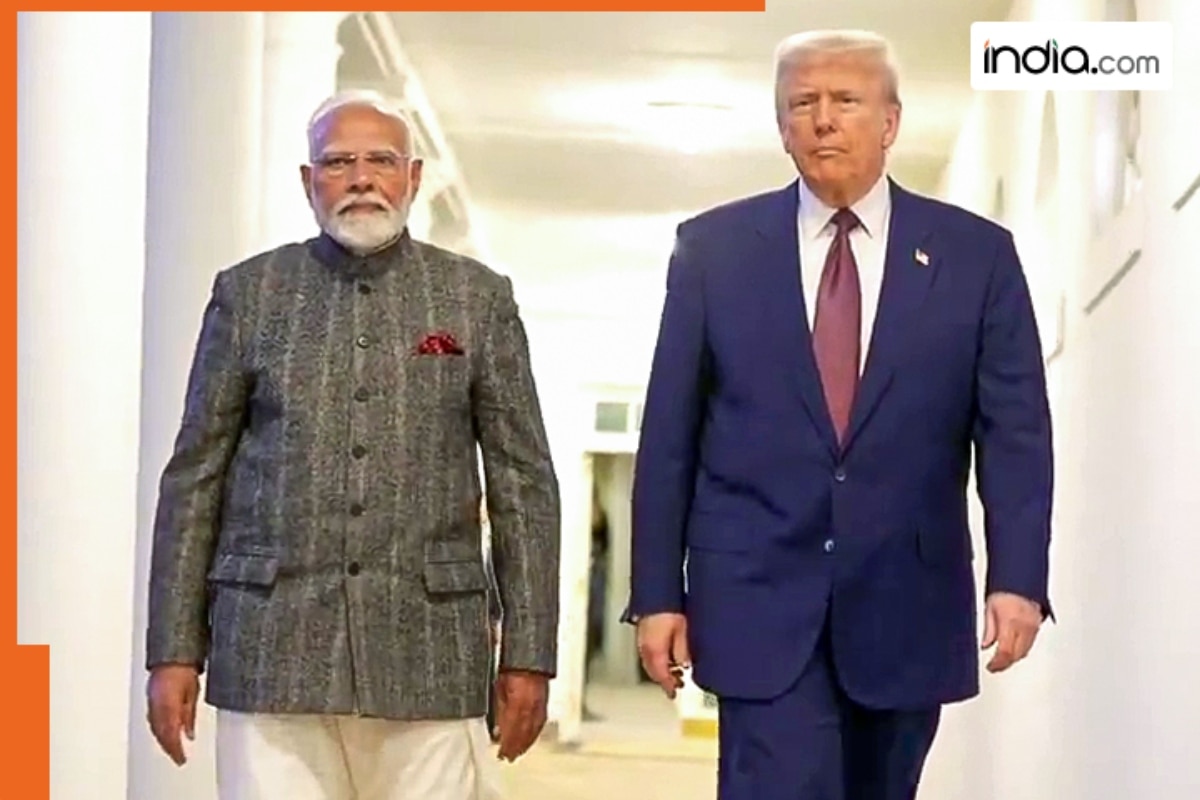January 23, 2025 | 12:20 AM EST

President Donald Trump has recently sparked controversy with his statements on birthright citizenship and the 14th Amendment. In a recent interview, Trump expressed his desire to end birthright citizenship for children born to non-citizens on U.S. soil.
Many legal experts argue that birthright citizenship is protected by the 14th Amendment, which states that all persons born or naturalized in the United States are citizens of the country. Trump's proposal to end birthright citizenship has raised concerns about the constitutionality of such a move.
The Debate Surrounding Birthright Citizenship
Supporters of birthright citizenship argue that it is a fundamental principle of American democracy and provides equal opportunities to all individuals born on U.S. soil. They believe that any attempt to revoke birthright citizenship would be a violation of the Constitution.
On the other hand, critics of birthright citizenship claim that it incentivizes illegal immigration and contributes to the issue of "anchor babies," where non-citizens have children in the U.S. to secure their own legal status. They argue that ending birthright citizenship would help address these concerns.
Legal Implications and Challenges
If President Trump were to pursue the end of birthright citizenship through executive action, it would likely face legal challenges in the courts. The Supreme Court has previously upheld the principle of birthright citizenship, and any attempt to overturn it would be met with strong opposition.
Legal experts suggest that a constitutional amendment would be required to change the current interpretation of the 14th Amendment and end birthright citizenship. This process would involve a lengthy and complex legislative procedure, making it difficult to achieve in the current political climate.
Conclusion
The debate over birthright citizenship and the 14th Amendment is likely to continue as President Trump's stance on the issue garners both support and criticism. The outcome of this debate will have far-reaching implications for immigration policy and the interpretation of constitutional rights in the United States.





